What is the Tong Ren Palace, but the concubines are terrified when they hear the name, no one wants to come?
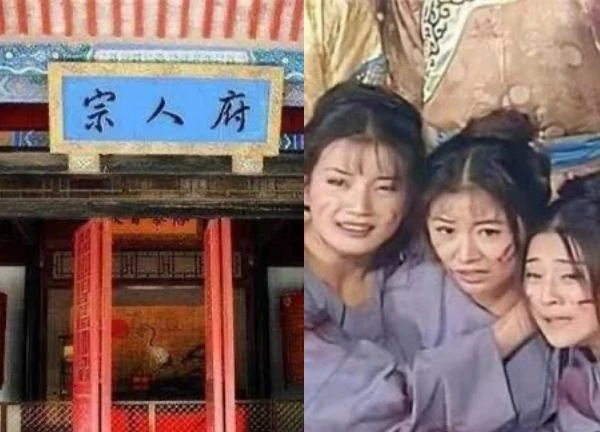
3 | 1 Discuss | Share
In historical dramas, after the bride and groom finish their wedding ceremony, people will see someone shouting loudly: "Take them to the bridal chamber."
In poems and songs, poets and writers use the word "condo room" to talk about the wedding night.
However, in terms of meaning, the word "dong phong" that most people are using today is due to a misunderstanding of the meaning of the word. People think that the word "dong" in the word "dong phong" means "bedroom activities". In fact, the word "dong" here is a noun in the word "hang dong". In terms of literal meaning, "dong phong" is a room in a deep place like a cave.
When most of us Vietnamese say the word "Dong phong" we mean the newlyweds on their wedding night. This is a serious mistake; if not absolutely, then at least over 80% of the time we use it incorrectly.
The word "Dong phong" is of Chinese origin, written in Chinese as 洞房. According to both Taiwanese and Chinese dictionaries, it is defined as:
1. Deep inner chamber.
2. The newlyweds' wedding room.
So why does the word "trang phong" - cave room, mean wedding room?
2. The word "concubine" is used in ancient historical documents.
The word "Dong phong" has a complex origin and semantic evolution. Since ancient times, people have called the bridal chamber "dong phong". Ancient writers have composed many works revolving around the word "dong phong". Indeed, a lot!
The word "Bridal Room" first appeared in the poem "Chieu Hon" (So Tu):
"Khoa dung tu thai, ang dong phong ta" means: "Beautiful appearance, slim figure, graceful steps in the bridal chamber".
The poem: "The torchlight in the bridal chamber, the swallows dance gently" means "The torchlight in the bridal chamber, the swallows dance gently". This is a poem by the literati Du Tin of the Northern Zhou Dynasty in China.
In "Dung trai tuy but" there is a sentence: "Dong phong hoa chuc da, kim bang de danh thi", meaning: "Dong phong hoa chuc da, kim bang de danh thi". Author Hong Mai of the Song Dynasty wrote...etc.
It can be proven that the noun "Consummation Room" has been used since ancient times; it is recorded in historical documents throughout the ages.
3. The process of interpreting the word "consummation chamber" through historical periods
"Bridal chamber" originally did not refer to the bridal chamber. Legend has it that the great Han Dynasty scholar Sima Xiangru once wrote a poem called "Changmen Fu". It describes the story of Empress Chen, who had fallen out of favor. When she learned that Emperor Wu had promised to leave in the morning and return in the evening, she hid and waited for the king. When it was almost dark, she still had not seen the king, so she wandered around alone.
"The bright moon hangs itself to shine on itself, when the night is clear, return to the bridal chamber." Thus, the bridal chamber here does not refer to the bridal chamber. It refers to the luxurious room in the inner palace.
During the Northern Zhou Dynasty (557-581), Yu Xin's poem "The wedding hall flowers and torches shine brightly" was the first time the words "the wedding hall" were associated with "flower lamps and torches" (flower lamps and torches).
During the Tang Dynasty (618-907), the word "dong phong" was used to refer to the place where a man and a woman made love. It only described the feelings in the boudoir. For example:
"Falling leaves and flowing wind towards the jade platform, the cold autumn night opens the door to the moving room." (Ancient song - by Tham Thuyen Ky)
Rough translation: "The fallen leaves in the wind fly to the jade platform, the cold autumn night reminds me of the wedding night."
"Don't play the Jiang flute to the neighbors, don't play the pipa to the bedroom." (The Journey of a Woman - by Qiao Zhizhi)
Rough translation: "Do not play the Jiang Jing flute to your neighbor, and do not play the pipa to disturb the living room."
In these verses, "dong phong" is not yet a noun referring to the bridal chamber.
During the Tang Dynasty, Buddhism flourished, and the word "dong phong" was also used to refer to a monk's mountain room. That is, the room where monks practiced on high mountains.
Vuong Duy has a poem: "In the bridal chamber, hidden in deep bamboo, in the clear night, I hear the stream of water."
Rough translation: "The bridal chamber is hidden deep behind the bamboo grove, the sound of the distant stream echoes in the quiet night."
4. The bridal chamber is called the honeymoon chamber.
From the Middle Tang Dynasty onwards, the word "consort room" gradually expanded to mean the bridal chamber. Poet Chu Khanh Du wrote a poem: "In the bridal chamber, the red pavilion is lit at night, waiting for the road ahead to pay respect to the deceased."
Rough translation: "At night, turn off the red torch and wait until morning to pay respect to the husband's parents."
In "Ancient and Modern Novels" by Ming Dynasty actor Phung Mong Long, it is written: "The two people bow to heaven and earth, then bow to their father-in-law and mother-in-law, then the husband and wife bow to each other, after the ceremony, they return to the bridal chamber to hold a wedding banquet."
The most famous is still the poem by Hong Mai of the Song Dynasty:
"The wedding night is a happy one, the name is on the golden board"
Rough translation: "The wedding night, when the name is on the golden board".
This immortal verse quickly became popular and widely circulated. Since then, the term "cong phong" has become a noun used exclusively to refer to the bridal chamber.
Initially, the word "Dong phong" was widely used in the Central Plains. Then it gradually spread to East Asian countries. In Vietnam, it has also been circulated in folklore and poetry, and is used to this day.
5. From the legendary "wedding night" and "group marriage" regime to "monogamy"
According to folklore, the term "wedding night" was coined by Emperor Xuanyuan. The Emperor defeated Chi You and quelled the war. He established an alliance of tribes and abolished group marriage; ending the savage era and beginning the era of human civilization.
People at that time were too used to group marriage. After a short time, changing to monogamy was very difficult. That was 5000 years ago, it was a great reform in human history.
Group marriage is a danger that causes division among tribes. Group marriage often involves kidnapping, men stealing women, and women stealing men. Conflicts and fights often occur between tribes because of kidnapping. The longer the time, the more intense the conflict between tribes.
The Yellow Emperor was therefore often worried and sad. He summoned his ministers, Chang Xian, Da Hong, Li Mu, Feng Hou, and Cang Jie, to discuss how to stop group marriage and establish a monogamy system. No one could think of any solution.
One day, the Emperor and his ministers went to patrol the caves where people lived to see if they were safe. They suddenly discovered a family living in three caves to prevent wild animals from invading. Around the cave, they used stones to build a fairly high wall; leaving only one gate large enough for one person to pass through. This discovery gave the Emperor a great idea. That evening, he called his ministers together and said:
"Today, I saw the cave where the people live. I think the only way to prevent group marriage is to practice monogamy. When getting married, first gather the people of the entire tribe to congratulate. Perform the ceremony, first bow to heaven and earth, then bow to parents, then husband and wife bow to each other. After that, drink wine to celebrate, sing and dance, and declare that the two people are officially married.
Then, take the newlyweds into a prepared cave room. Surround it with high walls, leaving only one door. Food and drink are provided by relatives of both sides. Longer periods are 3 months, shorter periods are 40 days; let them stay in the cave to build their relationship as husband and wife. Learn how to light a fire to cook, learn how to live."
"From now on, whenever a person in the tribe gets married, the man and woman enter the cave room, called the bridal chamber. This confirms the official marriage; no one is allowed to steal another person's man or woman.
To distinguish between married and unmarried people; married women are not allowed to let their hair down anymore but must tie it up. Everyone can see that this woman is married; other men are not allowed to plot anything. Otherwise, it would be against the tribe's rules."
After the Emperor finished expressing his idea, all the ministers immediately supported it. They suggested that Cang Jie write legal regulations and announce them to the people. As a result, this regulation was quickly supported by the tribes.
They competed to dig caves and build walls around their children. When their children got married, after the ceremony was over, they would take the newlyweds into the bridal chamber. Thus, the custom of group marriage gradually disappeared, and monogamy was formed and passed down to the present day.
Hopefully through this article, everyone will understand more clearly about the noun "Concubine". Going back in history, there are many interesting things for us to discover and expand our knowledge.
Concubines in the past had a terrifying "privilege" that even the main wife did not have. 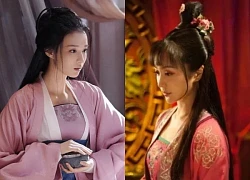 Minh Lợi17:19:18 19/03/2025In feudal Chinese society, concubines were seen as mere commodities, bought and sold without any significant rights, and did not even have an official position in the husband's family tree.
Minh Lợi17:19:18 19/03/2025In feudal Chinese society, concubines were seen as mere commodities, bought and sold without any significant rights, and did not even have an official position in the husband's family tree.

3 | 1 Discuss | Share
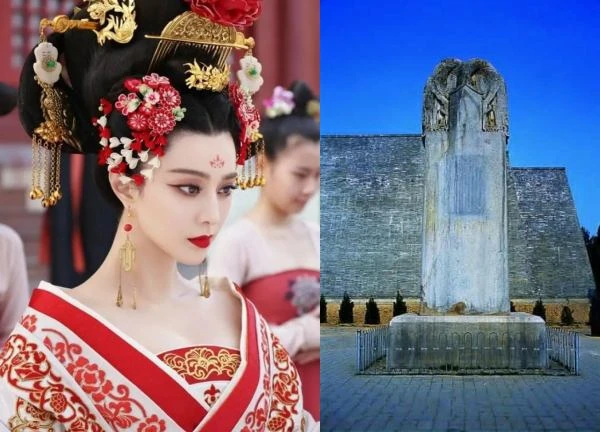
5 | 1 Discuss | Share
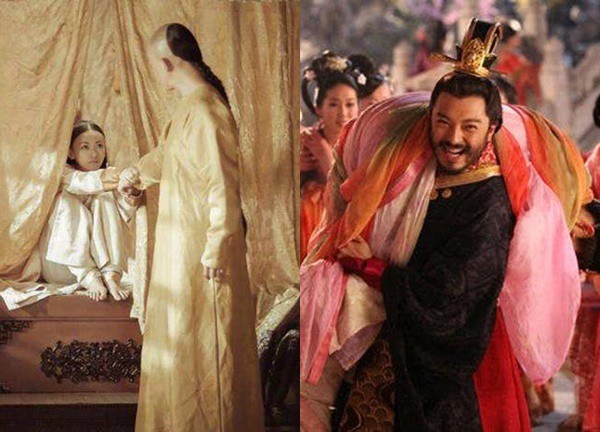
3 | 1 Discuss | Share
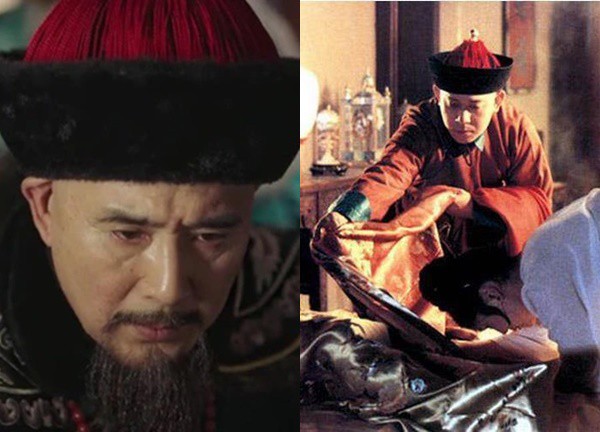
1 | 1 Discuss | Share
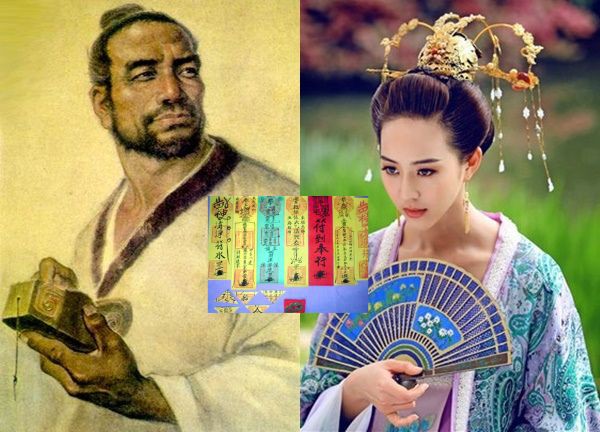
2 | 1 Discuss | Share
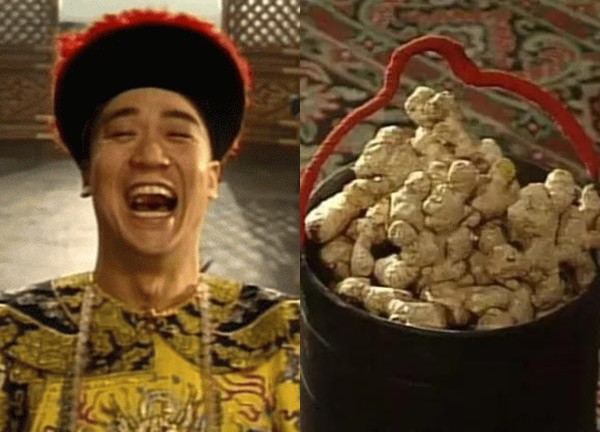
3 | 1 Discuss | Share
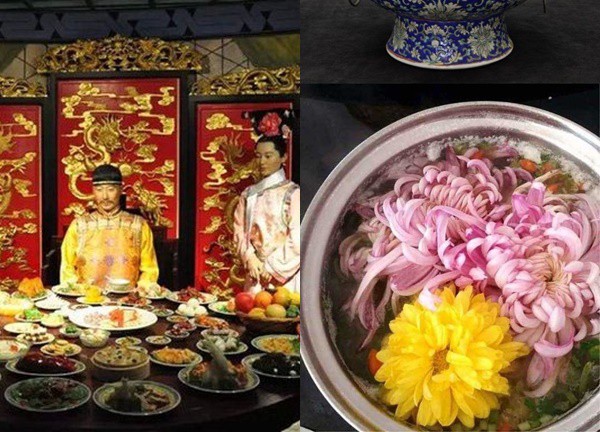
3 | 0 Discuss | Share
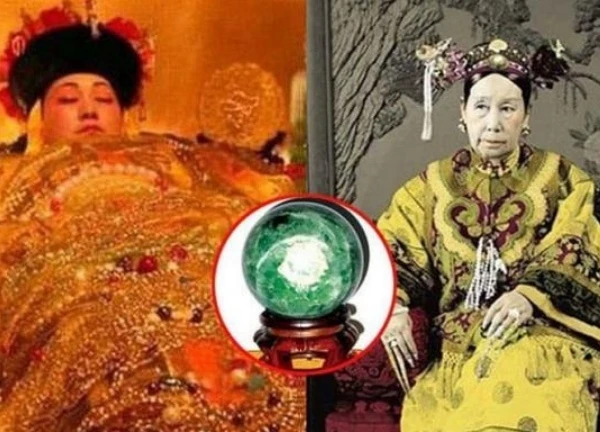
2 | 0 Discuss | Share
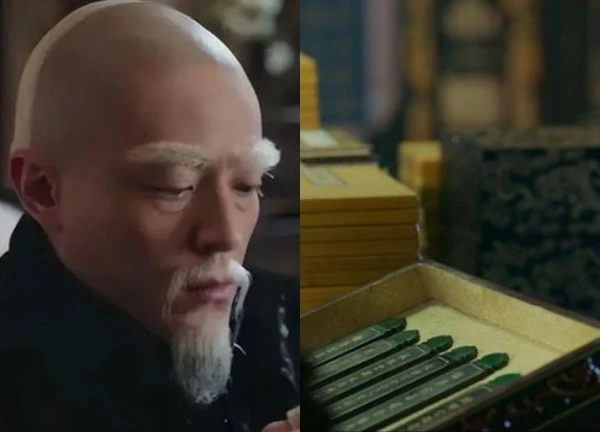
1 | 0 Discuss | Share
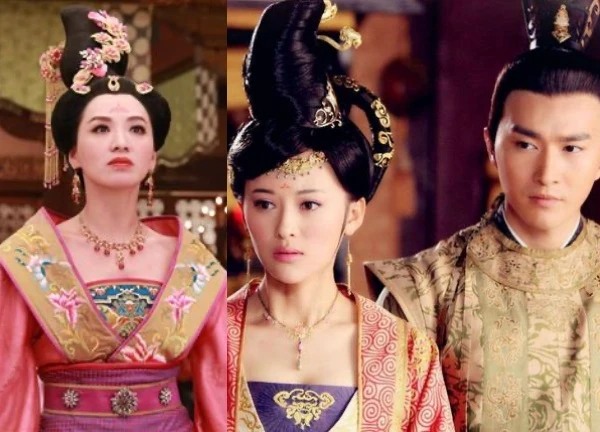
3 | 0 Discuss | Share

2 | 0 Discuss | Share
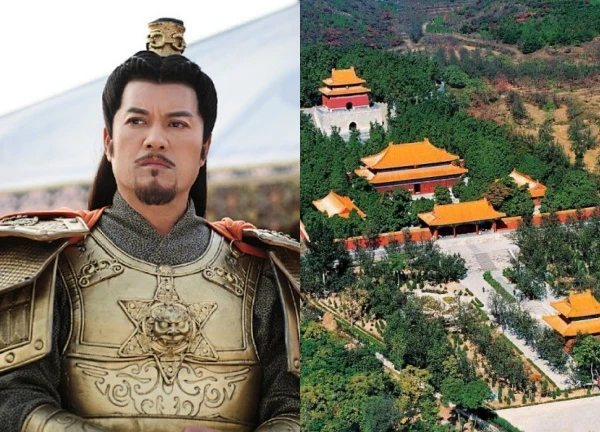
3 | 0 Discuss | Share


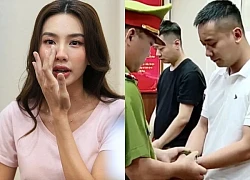


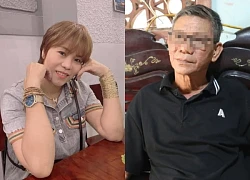




3 | 1 Discuss | Report